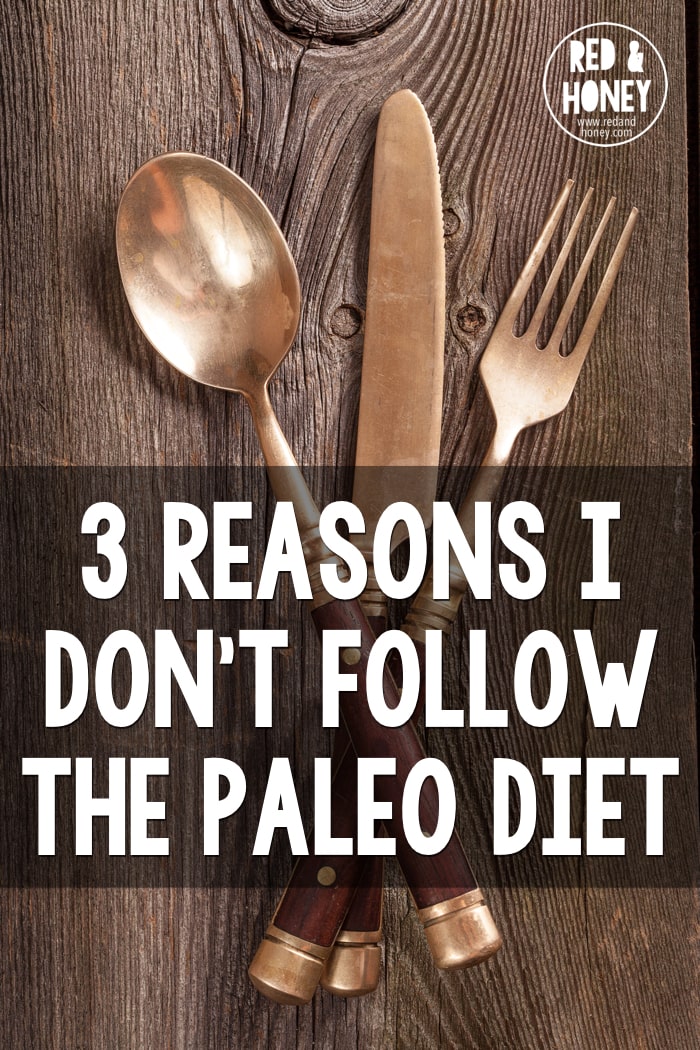
Post by contributor, Kathleen Quiring
If you spend any amount of time reading about health, nutrition, or cooking, you’ve no doubt come across the Paleo Diet.
In case it’s new to you, the Paleo Diet is based on the premise that humans are best adapted to eat the foods our Paleolithic ancestors ate, before the dawn of agriculture. This means excluding grains, legumes, dairy products, potatoes, refined sugar, and processed oils. (Yow!) That leaves you with meat, seafood, vegetables, eggs, and some nuts, seeds and fruits. (You can read more about the Paleo Diet here.)
The Paleo Diet makes intuitive sense to me, and anecdotal evidence suggests that it can really improve our health. I totally respect the movement. I’m always interested in learning more about this dietary framework, and have incorporated many principles and recipes into my repertoire.
That being said, our family doesn’t eat Paleo.
Instead, we generally eat according to a Traditional Foods / Weston A. Price Foundation (WAPF) paradigm. Like the Paleo movement, the traditional foods movement recommends eating in a way more closely aligned with that of our earlier ancestors, emphasizing whole, unprocessed, nutrient-dense foods, and eschewing highly processed foods.
In our family we eat lots of healthy/traditional/saturated fats and fermented foods, as per WAPF recommendations. However, unlike Paleo, the WAPF framework does allow for grains, legumes, and full-fat dairy products (if prepared properly . . . but I won’t go into that here.) So oatmeal, cheese, beans, rice, potatoes and ice cream are still regular parts of our diet.
Here are the 3 main reasons for why we don’t eat Paleo:
1. Because We Don’t Have To
The most important point in the matter is that we simple haven’t found a need to eat Paleo.
I know that a lot of people truly cannot tolerate gluten and/or dairy. Instances of autoimmune disorders are skyrocketing, and many cases can be greatly improved by cutting out grains, legumes, and/or dairy products (not to mention sugar and other fake foods). Many people report incredible improvements in their health when they switch to a Paleo diet. For this reason, I have a high regard for the Paleo movement, and think it’s a great option for many, many people.
But we don’t seem to need that in our family. While I haven’t personally tried the Paleo diet, I haven’t found a reason to, because we all seem to tolerate dairy and grains just fine. None of us suffers from any real health issues on our current diet. As long as we stick to mostly unprocessed foods, traditional fats, and a limited amount of natural sweeteners, we all feel great.
I realize we’re lucky. That might not always be the case – we might discover problems later in life, or have more kids who would benefit from a change in diet. But so far, so good.
If it ain’t broke, why fix it?
2. Eating Paleo is Hard on the Budget
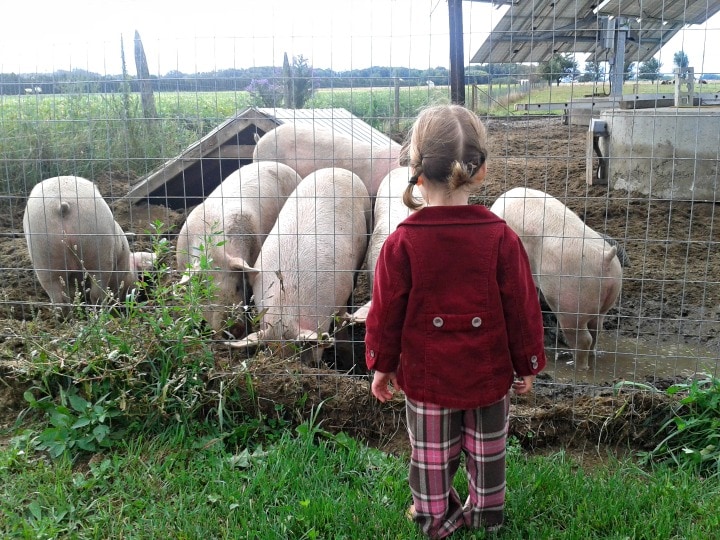
I’ve chosen not to work outside of homemaking, so we’re a single-income family . . . and even that income is unimpressive. (My husband runs his own small business with fairly large overhead costs.) So we’ve got to be very selective with how we budget, just in order to survive.
The Paleo diet emphasizes meat, seafood, eggs, and vegetables. These all tend to be among the costliest grocery items we buy. They become even more expensive when you choose to buy organic, free-range, etc.
I’m very meticulous about the ethics of my food choices – I strive to consume foods that contribute to the flourishing (rather than the degradation) of my planet and fellow creatures. For me, that generally means buying and eating pesticide-free, local, fair-trade, humanely-raised, nutrient-dense grocery items where possible.
This means I often pay much more for many items than most people do. So I can’t always afford to eat only the most expensive items out there – namely, meats and fresh vegetables.
When it comes to meat and eggs, it’s important to me that I only consume humanely-raised and slaughtered animals (i.e. healthy animals that have been able to move around outdoors and feed on pesticide-free pasture). This kind of meat is both hard to find and expensive – I rely almost solely on the meat my parents raise. My parents simply cannot raise enough – and I can’t afford to get it elsewhere – to make animal products the only source of protein for my family.
That’s why I often turn to legumes and whole grains for additional protein. These foods are a much less expensive source of protein to supplement meat and eggs. Since we don’t have any intolerances to them, I’m happy to use them, though I try not to overdo them (and I try to soak or ferment them as much as possible to reduce the antinutrients). We regularly eat beans, lentils, popcorn, and rice. Sometimes we even eat pasta. I’m glad we’re able to enjoy these inexpensive foods to keep our budget down.
Especially here in Canada, where our growing season is so short, fresh fruits and vegetables can get pretty pricey, too, especially in winter. Which leads me to . . .
3. It’s Hard to Eat Locally and Seasonally on the Paleo Diet

I’ve become increasingly convinced that eating locally can go a long way in restoring the health of our planet, our local economies, and our general well-being as a species.
Again, here in the snowy north, we can’t grow fresh fruits and vegetables for most of the year. If we want them in the winter, we need to either ship them in (Boo!) or preserve them. Preservation is great, to a certain extent, and I definitely do plenty of it; but freezing and canning do use up substantial amounts of energy. It’s also very hard to preserve and store enough to last us all the way to spring.
Local seafood is also a challenge for those of us who don’t live near the ocean.
However, we can grow our own grains and legumes here in Canada, and they store easily with little to no energy use. (Same with potatoes, another non-Paleo food.) So they make excellent, inexpensive winter fare when the larder gets low.
Local dairy products can be another great source of protein and other nutrients throughout the winter months (since cows and goats can live off of hay through the winter, which also stores well).
These great winter foods — grains, legumes, dairy, and potatoes — are all off-limits, though, with the Paleo diet, making local/seasonal eating very challenging.
I’ve noticed that a lot of Paleo folks rely heavily on coconut products and other imported foods (like bananas), which concerns me. I love me some coconut oil, but I try to balance it with locally-acquired fats, too (like butter and lard.)
I just don’t see how we can sustainably subsist on only meat and vegetables throughout the winter here in Canada. It might be possible, but so far I haven’t figured out how to make it work.
I’m sure it would be easier in a warmer climate, and I lean towards a more Paleo-friendly diet during the summer when fresh produce abounds. But it’s a real challenge to stick to it here where our growing season is only a few months long.
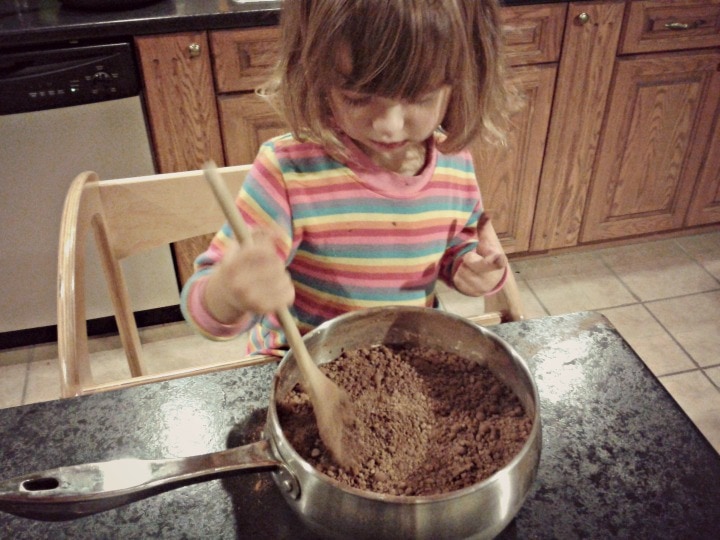
* * *
In short, I’ve found the Paleo diet very hard to harmonize with my attempts to be a good steward of the earth. It might be possible if our family had a higher income or we lived in a more tropical climate, but our current circumstances make it very difficult (and thus far, as far as I can see, unnecessary for us).
Circumstances might change, of course. But for now, our family won’t be eating Paleo.

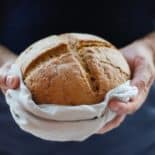





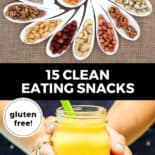


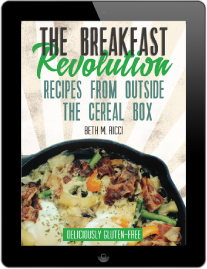
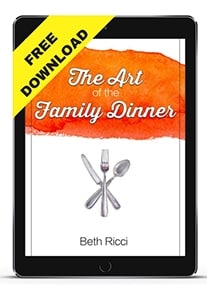
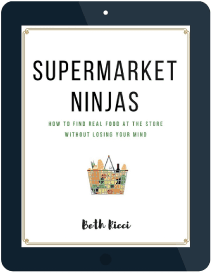







Alexa
When I opened this article I was pleasantly suprised that you didnt spend your time bashing the paleo diet. I really appreciate your approach! My family follows a strict paleo diet. I noticed the paleo diet you describe is in the strictest form, which makes sense for your articles purposes. We eat white potatoes in the winter and white basmati rice on occasion. We live in southern California and have 4 growing seasons. For us, it is much cheaper to source produce than ethically sourced organic grains and legumes. We choose not to eat grains and legumes however due to their links to inflammation and diabetes. We used to occasionally consume organic and raw dairy but we recently discovered an allergy in the family. I never considered paleo being difficult in other areas due to grocery prices and sourcing! I definitely feel privileged to live near so many climates and terrains.
CeAnne @ St. Fiacre's Farm
Have you looked into doing a low tunnel for winter hardy greens like kale, chard ECT? Or Northern Lights which is a window garden box system? A few winter greens would really bring your cost down.
We do not eat Paleo either for many of the same reasons. Having been vegan we moved to a traditional foods diet but limit our meat to once a day and only a few days a week. Like the Paleo diet a vegan diet isn’t sustainable on a local in season scale.
Alisha
Thank you for this wonderful, insightful post!! I wholeheartedly agree!
cherie
I don’t follow any one diet however I do eat healthy and eat from all the different healthy diets. I choose recipes I know I will like and go from there. I can’t tolerate beef for instance if it is a steak but can use small amounts of beef if I put them in my food processer first…I believe it is because the beef is broken down I can digest it better than if I am trying to chew it…since no people are alike no one diet is going to be the right one for all people.
I have several vegan recipes I like, as well as a few vegetarian ones..not to mention old fashion comfort foods. For me one trick is portions .The other trick is what foods I can and can’t eat together. For instance if I want a piece of fruit like an orange or tomato I know I have to have a half slice of bread of some kind with it or I will have acid reflux. However if I eat a half of blt sandwhich I can’t have anything else with it except a half of glass of milk.
With that being said I urge all of to remember portions and learn what your family members can and cant eat together because that is usually the culprit! Not the food as much as the mixture of it with other foods. Avoid of course the intolerance foods….I hope this helps you all…
Melissa
I don’t understand where you are getting that people that follow a Paleo diet don’t eat potatoes?
Most of us certainly do. Sweet potatoes and even other potatoes are a staple for our carbs.
Beth
Hi Melissa – white potatoes are super controversial in paleo circles. Many paleo enthusiasts don’t eat them. A quick google search will confirm this.
Sheila
Your article was good. I believe everyone should eat healthy and if you have no problems with grain and dairy that’s good.
One thing you mentioned I beg of you to reconsider…Lard. Lard is deadly to our bodies. My family is from the South in the USA and they lived off lard. They all had strokes, heart problems and they ate healthy other than lard. I am on the Paleo diet due to immune problems. I do go more toward a vegetarian Paleo. LOL but true. I eat meat about two times a week and only fish or wild meats. My Functional Medicine Doctor doesn’t want me eating too much meat due to levels of blood work showing signs of possible heart problems in future if I don’t cut back on saturated fats. So I do eat beans but I’m allergic to gluten, wheat,and dairy. I don’t eat rice yet due to inflammation levels still being high but will add rice back in soon. No refined or processed foods or junk food. I do feel better and I hope that all young people learn to eat better and exercise early in life and continue through out life. It is More Expensive to get Well than it is to eat Healthy. Health is Very Important. If you don’t have great Health you can’t Truly Live.
Stay Healthy
Sheila
Ashley Tukiainen
I agree! I went through a major progression of diet lifestyles in order to get healthy. I’m a massage therapist and have always worked with chiropractors and naturopaths and took their advice, and after a bout of e.coli, my system got really messed up. I took supplements. Started my diet progression with cutting out sugar and going extremely low carb to then going paleo for several years. My digestive health situation didn’t get any better and I actually over alkalinaized my system (I didn’t know such a thing was possible) Long story short, we moved to Finland and I started incorporating different grains into my diet as opposed to just wheat and I have to say my system is SO much happier. So we stick to a 90/10 clean eating philosophy in our house and it really works for us.
Erin Marie Sills
Really enjoyed this post! As a dietitian and health coach I hear all the time about the variety of approaches/theories on nutrition. My family also tolerates grains and dairy well and unprocessed or minimally processed versions are part of our meal plan. Both groups are loaded with nutrients! Thanks for sharing your experience. Check out my family meal plans and other work at http://www.healthhappensathome.com/blog.
Thanks again!